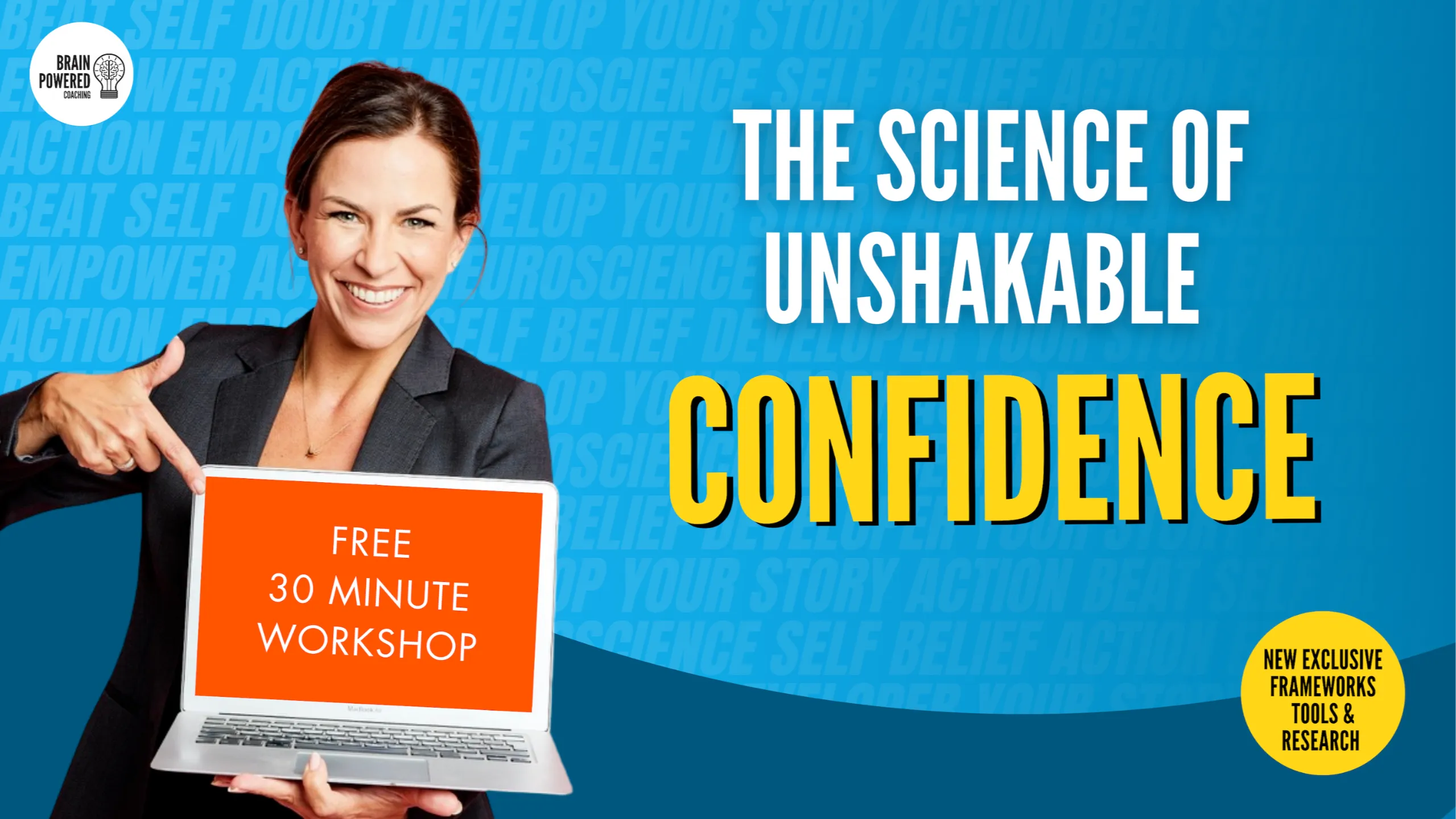The Power of Trust
Aug 25, 2020
What’s the impact of the Office Backstabber? Or that moment when you’re a rabbit in headlights as someone shouts at you at work?
We all intuitively know that these are tough things to deal with, given how they make us feel, but understanding why is hugely empowering in understanding how to drive better performance.
It’s only recently that the term ‘psychological safety’ has started to come into the vocabulary of the Organisation. But what does this really mean and why is a culture based on trust so important?
Imagine your brain is a war zone. At any point in time, it can deploy troops (energy) to a particular area where it’s required. However, your brain cannot use any more than 20-25 watts of energy at a point in time (otherwise it would be more fried egg than grey matter). That means your troops are limited where they can be deployed.
Taking it back to evolutionary terms, when our brains were relatively simple vs today, these troops were deployed to protect us from saber tooth tigers or a giant woolly mammoth. We didn’t, at that point, have the fully functioning pre-frontal cortex, which we use today for complex behaviours, including our problem solving and creative abilities. Instead we had what’s often referred to as the ‘Reptilian’ or ‘Snake’ brain, which is the critical part in charge of innate and survival behaviour patterns (including fight, flight and freeze).
So, when our amygdala signalled danger from these feisty primeval thugs, the brain’s response was to deploy those troops to the snake brain and we lived another day.
Fast forward millions of years, our brains priority is still survival, but it’s unable to tell the difference between charging woolly mammals and an office bully. So when you feel threatened, your brain deploys the limited energy it has, to where it’s perceived it’s required. Let’s be clear, at this point in time, innovative problem solving is not the brain’s priority (this is why you often have that great response after you finish the argument).
So what?
Get over it? What difference does it make? A whole lot actually.
We need the brains in our organisations to feel safe in order to operate to the best of their capacity. This psychological safety means creating an environment based on trust – which sounds like the ‘soft squashy stuff’ that hard business people aren’t really interested in (leave that to the HR team).
In fact, in his brilliant article, the Neuroscience of Trust (1), Dr. Paul J Zack notes that organisations with high trust demonstrate MUCH higher performance and a whole host of other benefits including less sick days, 76% less stress and over 100% more energy. So there is a very clear link between high levels of trust and high performing organisations (note also Google’s research (2) on high performing teams where being heard was a key contributor towards better performance).
What does this mean practically for organisations today?
I like to think of this in 2 ways – for Managers and Teams:
Managers
- Understand the impact of your approach on your staff. If you make them frightened, even with a simple, ‘I’m very disappointed’ email, they will perform worse as they are biologically wired to.
- Create safety through regular, honest, open feedback – they will learn to trust that there won’t be things biting them down the road. It doesn’t all have to be positive – just fair, timely and balanced.
- Be authentic – the trusting connections you will build with your staff are game changing (and they can tell when you aren’t!)
Teams
- Don’t interrupt; listen to each other; allow people to state their point of view and genuinely take an interest.
- Connect – we are all humans with our own challenges and dreams – taking time to build genuine relationships will pay off.
- Give positive feedback – everyone has their own perspective on a situation and who knows – their idea may just be as good as yours.
1 https://hbr.org/2017/01/the-neuroscience-of-trust
2 https://rework.withgoogle.com/blog/five-keys-to-a-successful-google-team/
SUBSCRIBE FOR WEEKLY LIFE LESSONS
We hate SPAM. We will never sell your information, for any reason.



